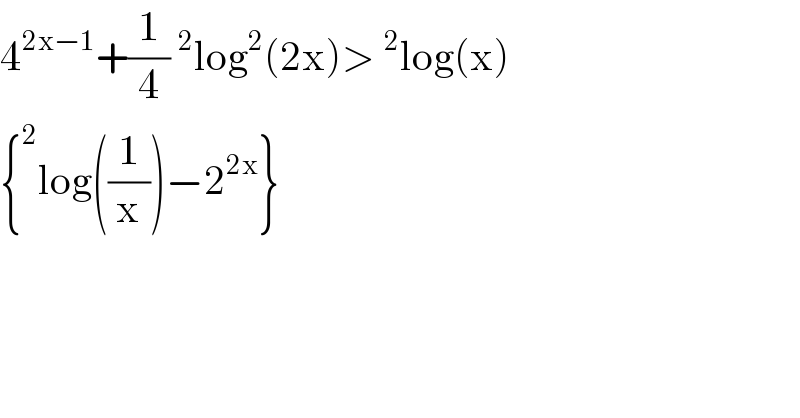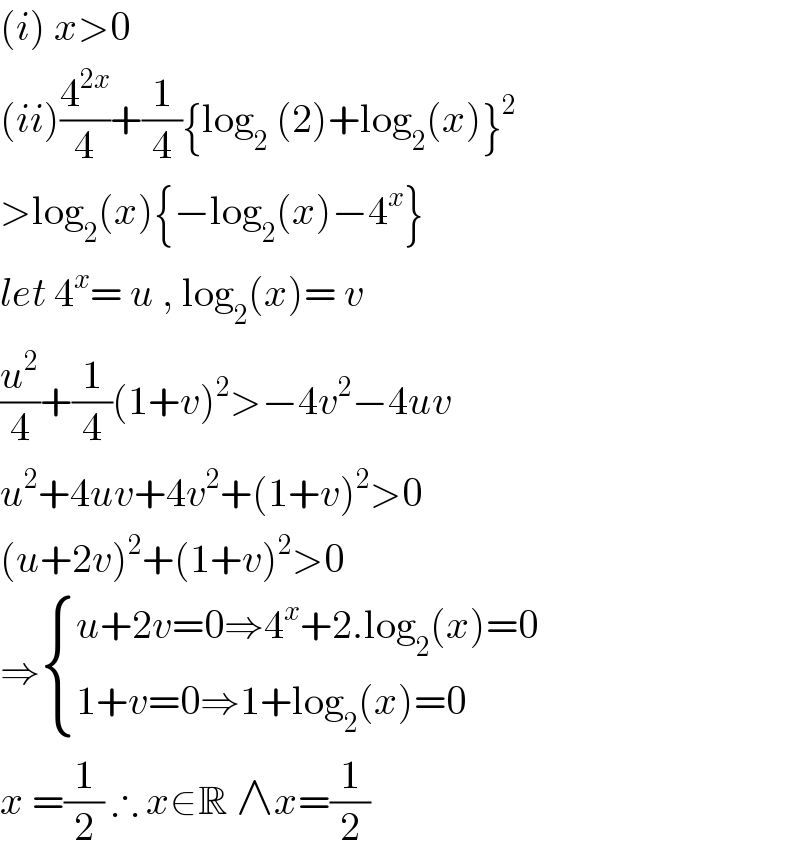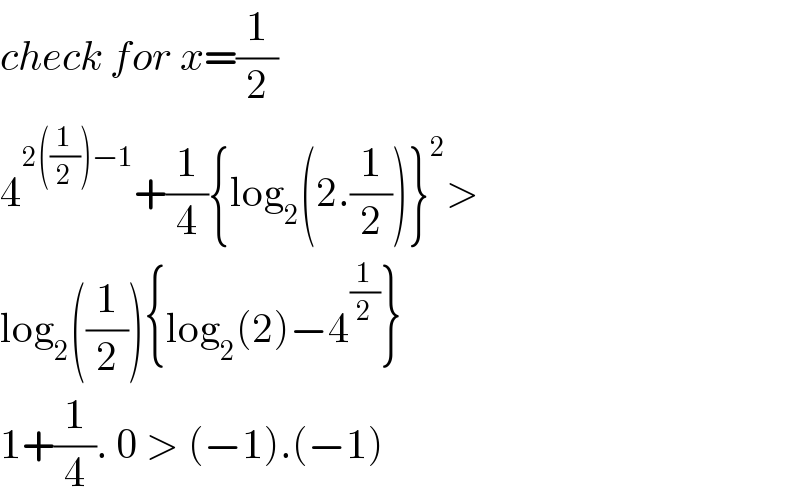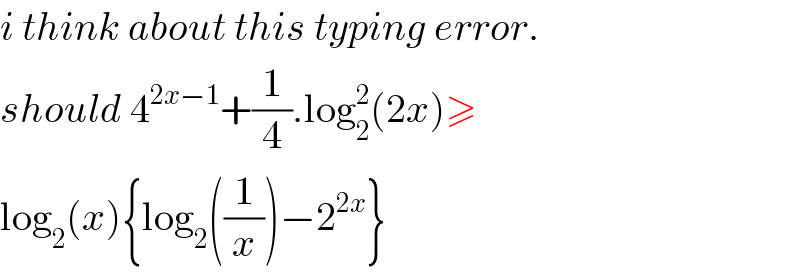
Question and Answers Forum
Question Number 79263 by jagoll last updated on 23/Jan/20

Commented byjohn santu last updated on 24/Jan/20

Commented byjohn santu last updated on 24/Jan/20

Commented byjohn santu last updated on 24/Jan/20

Commented byjagoll last updated on 24/Jan/20

